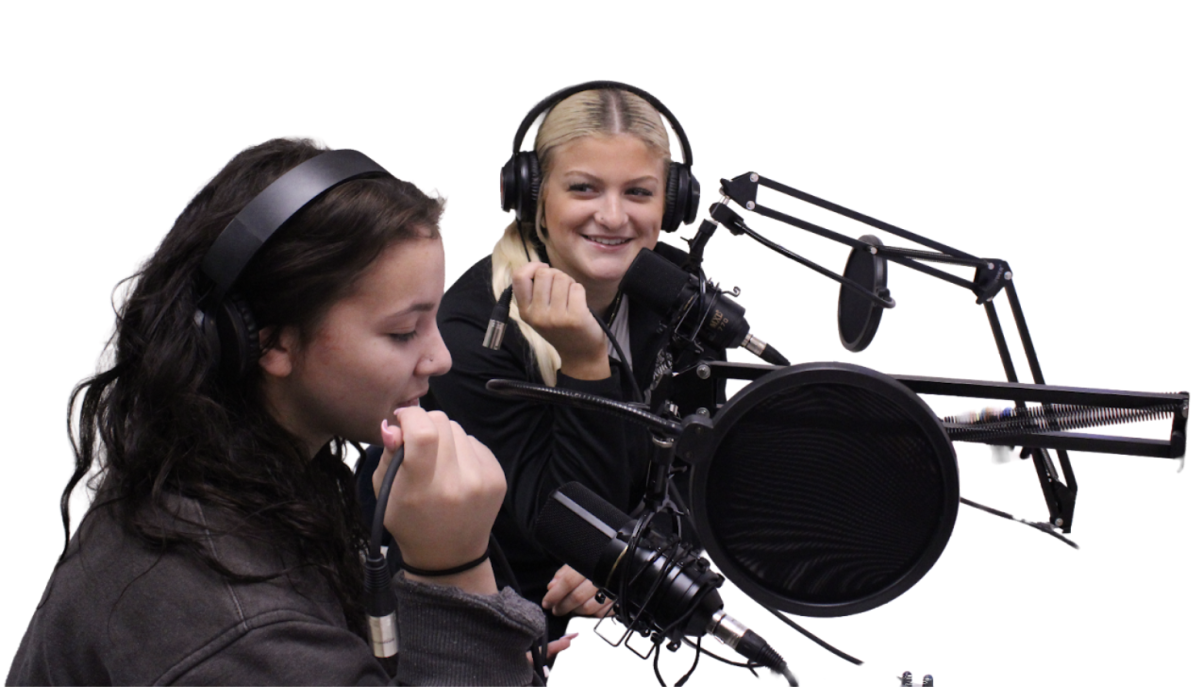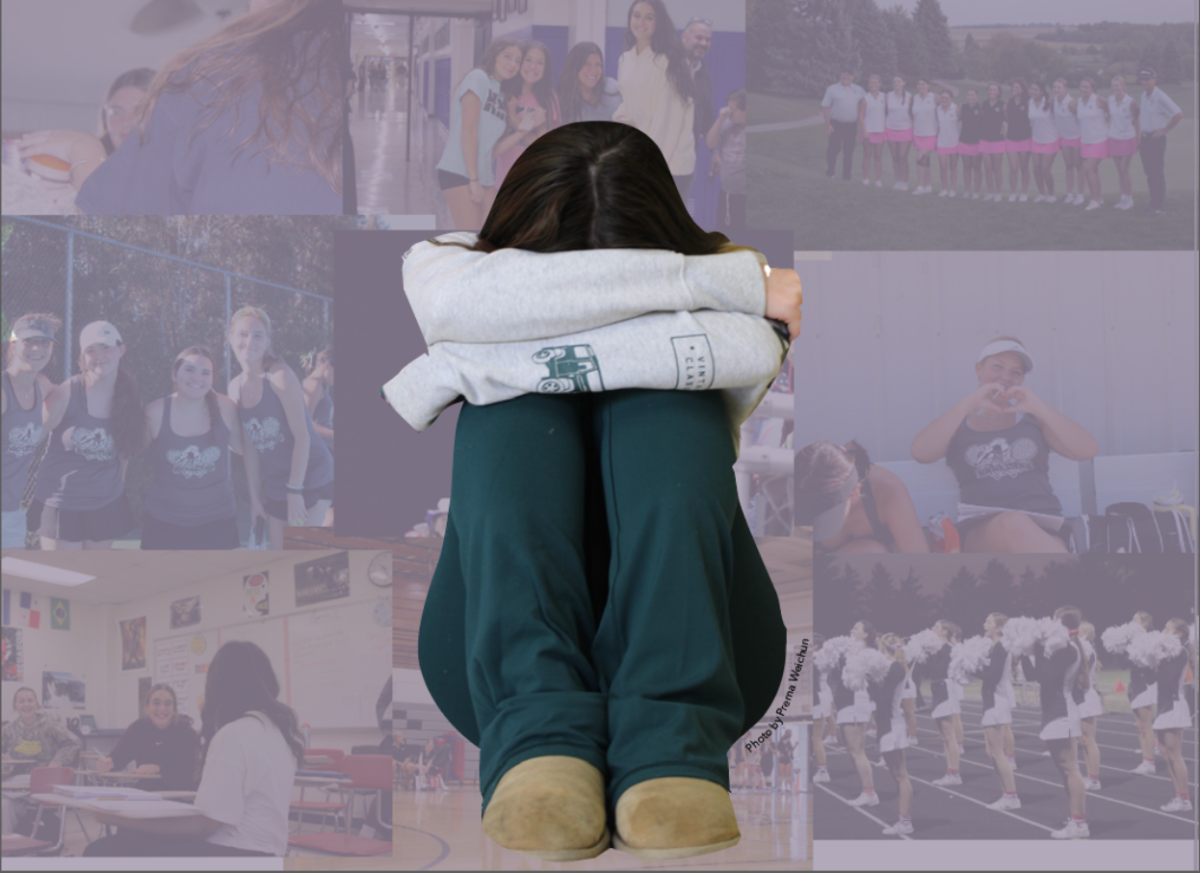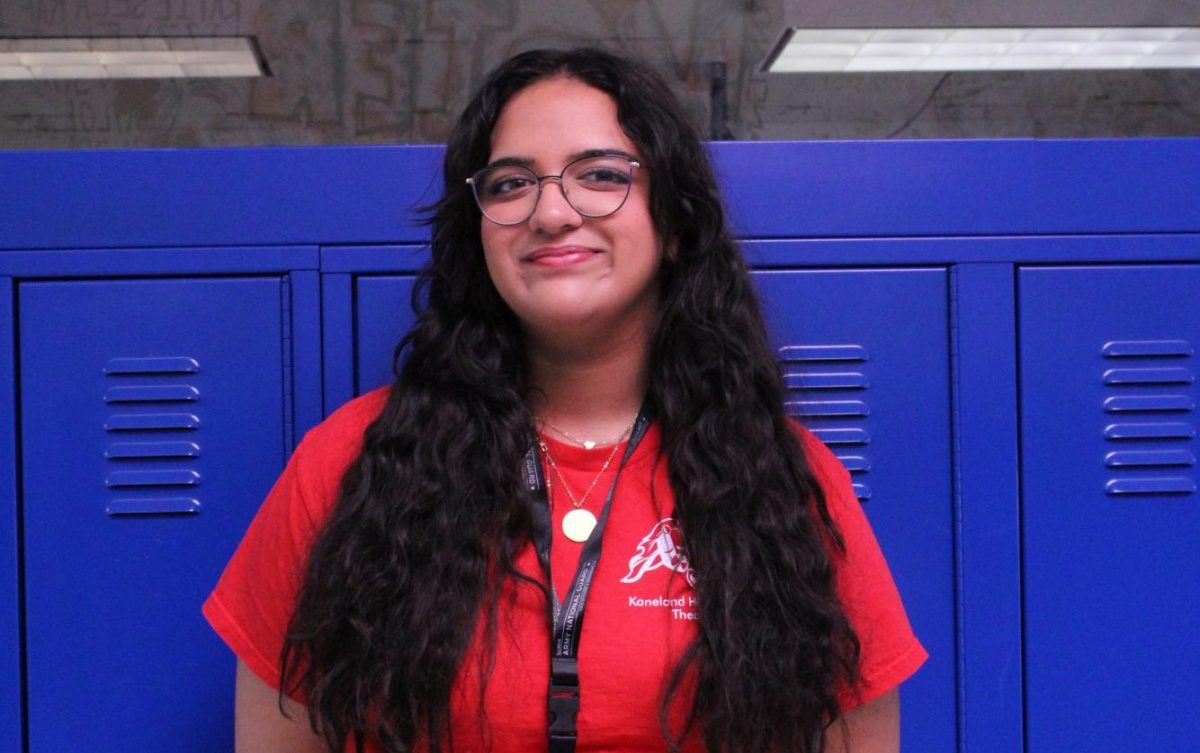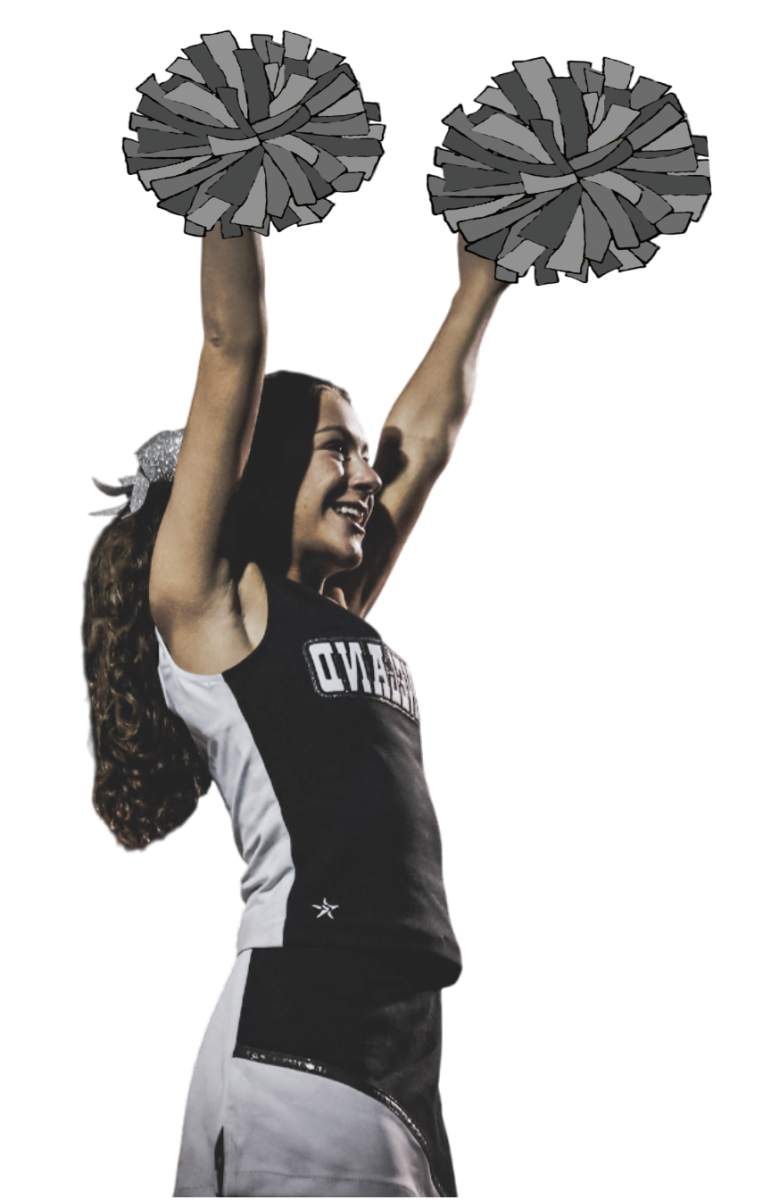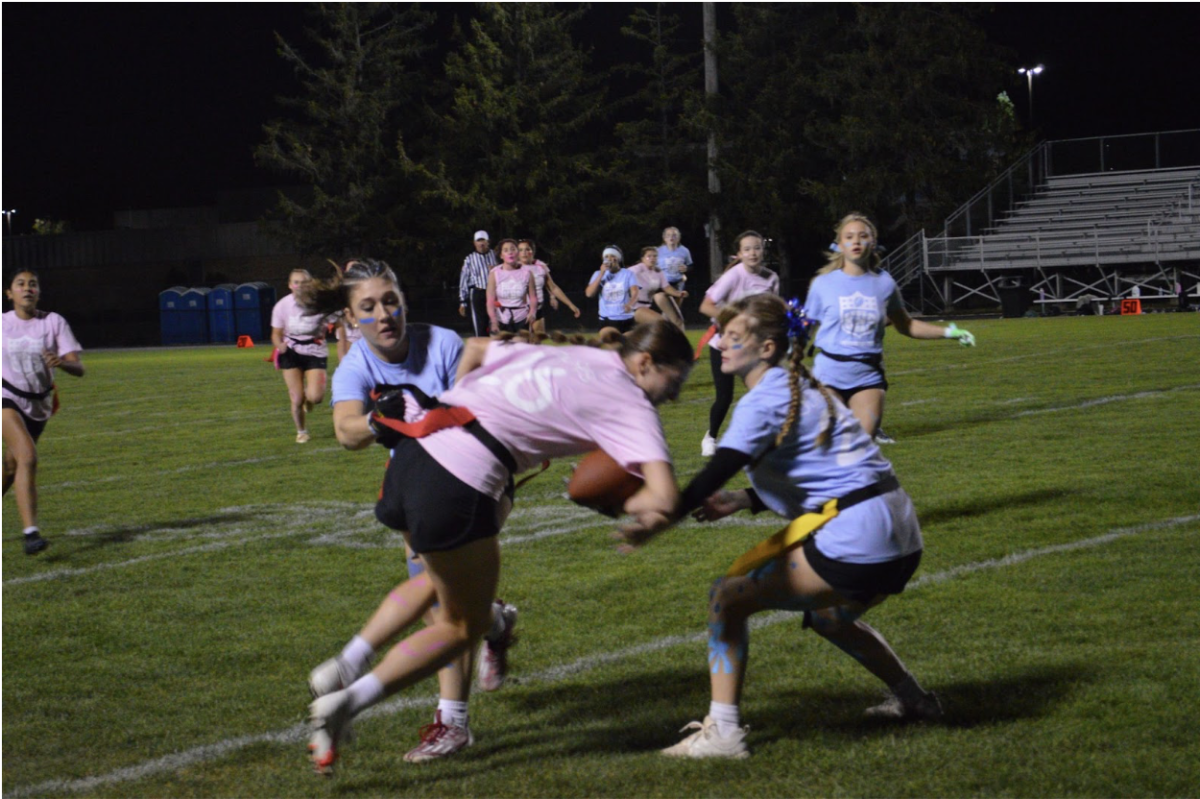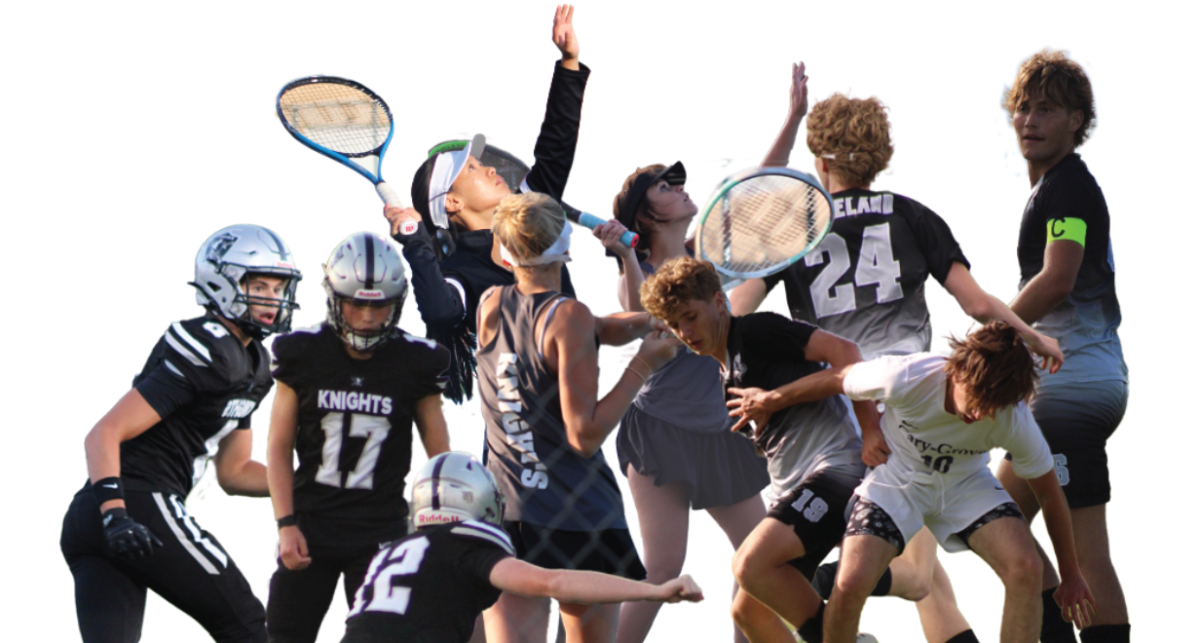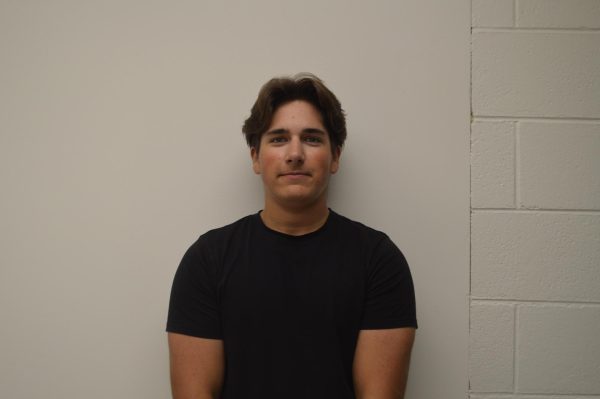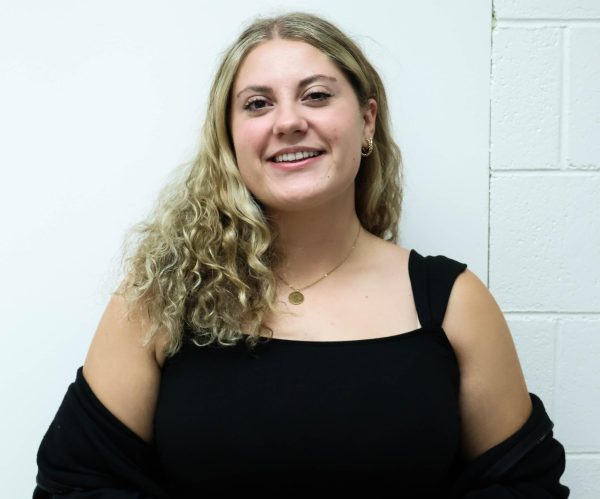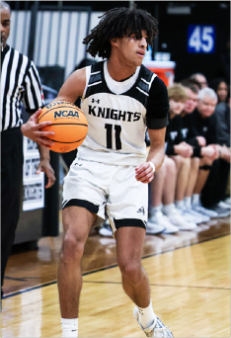
April 28, 2012, is a day that Chicago Bulls fans remember with sadness as it changed the trajectory of a young superstar’s career.
“I get out of the machine, and they tell me it’s torn. I break down crying. My mom was there, and she’s trying to help me. After that, I got back to the crib, and for like a year, or two years, it was just hard.” This was Derrick Rose, a Bulls legend, talking about his season-ending and career altering torn ACL that he suffered during game one of the first round of the 2012 NBA playoffs.
Rose recounted the ligament tear that changed his career path on the Out The Mud Podcast, hosted by former NBA players Zach Randolph and Tony Allen.
In professional sports, major injuries happen all the time. Those athletes are paid millions of dollars to compete professionally, so the reward outweighs the risk. However, big league teams spend a lot of time and attention making sure they have a variety of professionals to help athletes deal with their injuries in as many ways as possible, both physically and mentally.
The same can’t be said in high school sports. Although athletes have access to athletic trainers to help them recover physically, there is still the mental toll of injuries that can have a lasting impact.
“As a player, you always try very hard not to think about [an injury] while you’re playing,” said junior Evan Frieders, a three-year varsity basketball player. “You don’t want to change the way you play because you’re worried about your injury or hurting it worse.”
Frieders partially tore his labrum in a December 2024 game against Morris Community High School. He has played through the physical pain since, opting to delay surgery. But the mental effects an injury has can never be put off.
“It does affect me mentally,” Frieders said. “Sometimes if there’s a loose ball on the floor, you think twice about diving for it, just in case you don’t want to reinjure your shoulder.”
It is hard for athletes to not think about an injury and how their playing career could have gone differently, especially when an injury occurs so early in their career.
“I think about it 24/7,” senior Nate Campbell said. “And there are still times to this day where nearly every morning I’ll wake up and I have to do special stretches. Even when I’m just walking, I’ll get sudden chills just thinking about it.”
During a football practice in his freshman year, when Campbell was called up to varsity for the playoffs, he took a helmet to the knee and ended up tearing his ACL, MCL and meniscus, in addition to breaking his femur. Campbell was a two-sport athlete at the time, and his injuries kept him sidelined for a year and a half. You see injuries like this in professional sports, but for this to happen to a teenager is not a common occurrence. It is very hard for a high school athlete to hear they aren’t going to be able to do what they love, and that takes a toll on them.
“My freshman year I was an outgoing kid, very talkative, social,” Campbell said. “Then once [the injury] happened and the realization of all my injuries and how long I would be out of sports [sunk in], I became a lot more quiet, kind of upset, of course. [I was] kind of thinking throughout my day, ‘How am I going to not think about this? This is ruining my freshman year. It’s going to ruin my sophomore year or whatever.’ In my mind, my life was over at that moment.”
In times like this, many athletes give up on themselves and their careers. It’s important to find a reason and will to keep going because you never know where your career will take you. Campbell is now a catcher for the varsity baseball team, and he earned a scholarship to play baseball at the next level for Coe College in Cedar Rapids, IA. This is something most athletes don’t get a chance to do after they have three ligament tears and a broken bone. Frieders, meanwhile, ranked third on the basketball team this past season in playing time, averaging 22 minutes per game while being one of the team’s best defenders.
Injuries impact all athletes in different ways, but when a player is strong mentally and has a purpose to keep going, physical pain becomes secondary.
“Maybe God sent me on this path for a reason,” Campbell said. “If God didn’t want me to go down this path and have the future I am going to have now, he would never have let this happen to me.”



